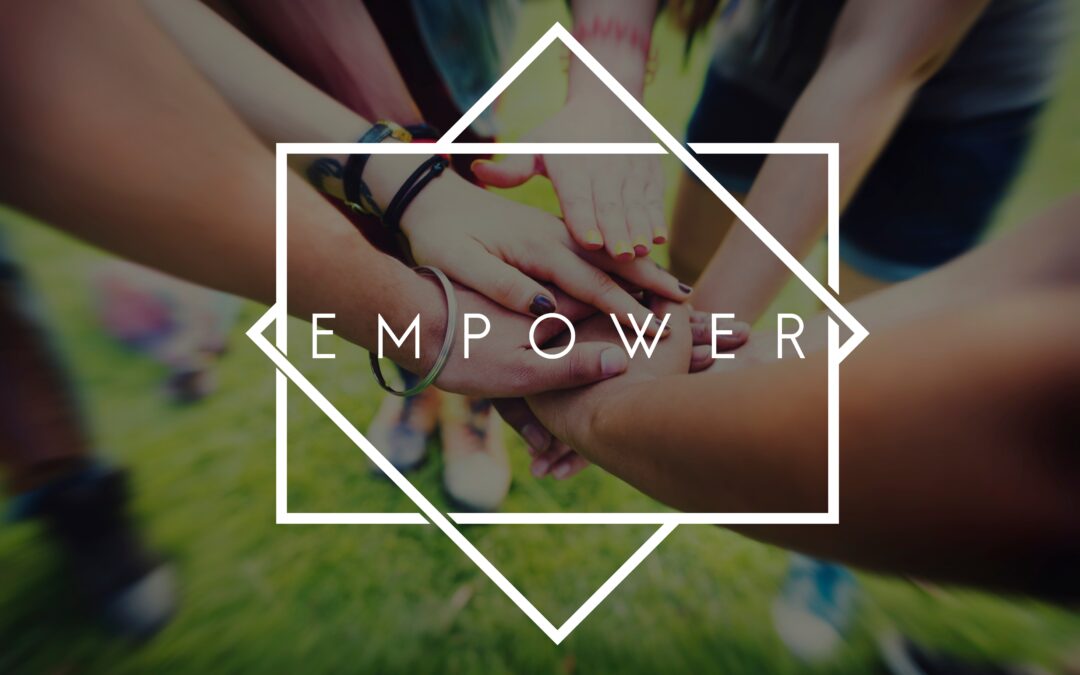Embarking on the road to recovery from drug and alcohol addiction is a profound journey, often marked by personal struggle, resilience, and transformation. It’s a path that can lead not only to personal liberation but also to the empowerment of others. For recovering addicts, sharing their story of sobriety is not just a testament to their triumphs but also a beacon of hope for those still in the throes of their own battles. Let’s delve into the manifold benefits of opening up about your recovery success and how your narrative can light the way for others seeking a sober life.
The Power of Storytelling in Recovery
Storytelling is an intrinsic part of human culture. In the context of recovery, it becomes a powerful tool for healing, connection, and advocacy. By sharing your journey, you transcend personal victory; you contribute to a collective story of recovery that can inspire and influence countless others.
The Cathartic Effect
- Personal Reflection: Sharing your story allows for reflection on your journey, offering you deeper insights into your personal growth and the milestones you’ve achieved.
- Emotional Release: Discussing past struggles can serve as a form of emotional release, helping to lighten the weight of the experiences you’ve carried through your recovery.
Solidifying Sobriety
- Accountability: Publicly sharing your sobriety journey can enhance your sense of accountability. It’s a commitment to your continued path of recovery, not just for yourself but for those who draw inspiration from your story.
- Affirmation of Progress: Each retelling of your journey reaffirms the progress you’ve made, solidifying your identity as someone who has overcome addiction.
Inspiring Hope in Others
One of the most profound benefits of sharing your recovery story is the hope it can inspire in others. Your story is a living proof that sobriety is achievable, and it can be the catalyst for change in someone else’s life.
The Ripple of Inspiration
- Relatability: Hearing about real-life experiences can resonate deeply with individuals who are struggling, making the journey to sobriety feel more attainable.
- Motivation: Your success can motivate others to take the first step in their recovery or to keep going when the path becomes challenging.
Building Community and Support
Recovery is often bolstered by community— a shared space of understanding and support. Sharing your story contributes to this collective, creating a network of solidarity and mutual aid.
The Strength of Connection
- Shared Experiences: Opening up about your journey helps to build a community where shared experiences form the foundation of deep connections.
- Supportive Networks: As you share your story, you also expand your support network—people who can offer encouragement and whom you can support in return.
Challenging Stigma and Misconceptions
Addiction is fraught with stigma and misunderstanding. By sharing your recovery story, you become an advocate for change, challenging the misconceptions that often surround substance abuse and those who struggle with it.
Advocacy Through Authenticity
- Humanizing Addiction: Sharing your story puts a human face to addiction, helping to break down the stereotypes and stigma.
- Educating the Public: Personal narratives can be powerful educational tools that illuminate the realities of addiction and the efficacy of recovery.
The Educational Value
Each recovery journey is laden with lessons learned, strategies developed, and personal growth achieved. Sharing these insights can be invaluable education for others.
Lessons in Sobriety
- Strategies for Success: Discussing the strategies that worked for you can offer others practical tools and approaches they might not have considered.
- Avoiding Pitfalls: Your experiences can help others identify potential pitfalls and learn how to navigate them effectively.
Enhancing Personal Growth and Self-Esteem
Sharing your recovery journey can also be a significant boost to your self-esteem and personal development. It’s a process that helps you recognize your worth and the positive impact you can have on others.
Growth Through Giving
- Recognition of Achievement: As you share your story, you’ll likely receive positive reinforcement and recognition, which can bolster your sense of accomplishment.
- Leadership Development: Becoming a voice of recovery can develop leadership skills and a sense of purpose.
Healing Through Helping
There’s an adage that we heal ourselves by helping others. Sharing your story is a generous act that can have therapeutic effects on your own recovery.
The Therapeutic Exchange
- Empathy and Understanding: In telling your story, you practice empathy and understanding, both for yourself and for those listening.
- The Helper’s High: Helping others can trigger the “helper’s high,” the emotional uplift and satisfaction that come from giving support.
Encouraging a Culture of Recovery
By opening up about your recovery, you contribute to a culture that prioritizes health, healing, and well-being over the destructive cycle of addiction.
Cultivating Positive Norms
- Promoting Sobriety: Your story can help promote sobriety as a positive and desirable life choice.
- Changing Norms: It can also contribute to shifting societal norms towards a more compassionate and supportive approach to addiction and recovery.
Conclusion: Your Story, Their Beacon
In sharing your recovery story, you embrace a role that extends beyond personal triumph; you become a beacon of hope and a guide for others. Each time you recount your journey, you reaffirm your commitment to sobriety and offer a lifeline to those still seeking their path to recovery.
Your narrative has the potential to light the way for someone lost in the darkness of addiction. It’s a reminder that while the journey to recovery is deeply personal, its impact is universal. As the holidays approach, consider the power of your story and the multitude of lives it may touch. Your words could be the gift that keeps on giving, inspiring sobriety, hope, and change long after the festive lights have dimmed.

